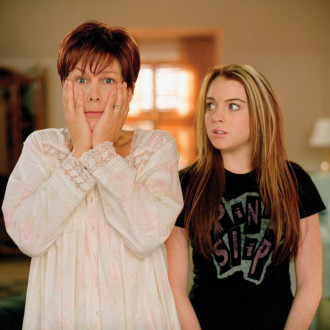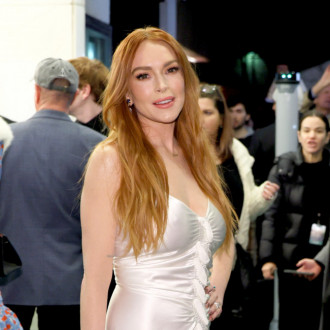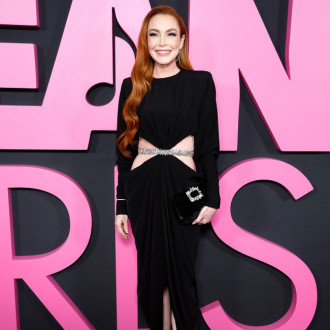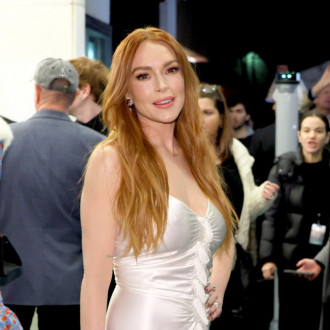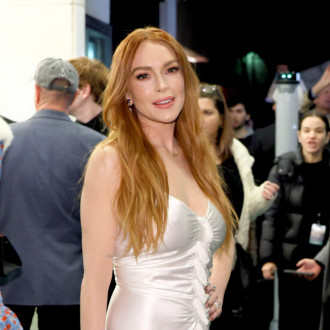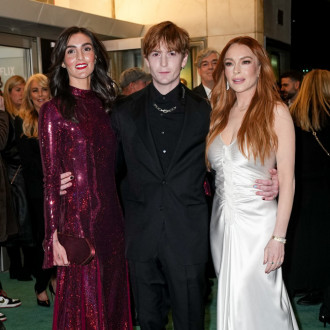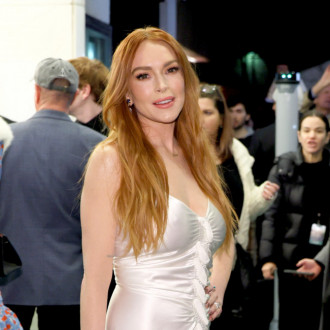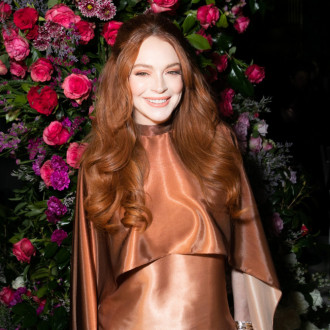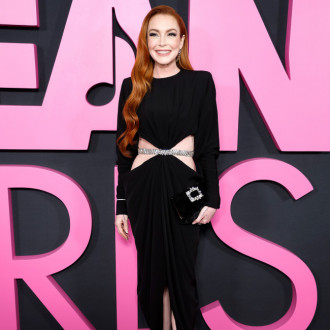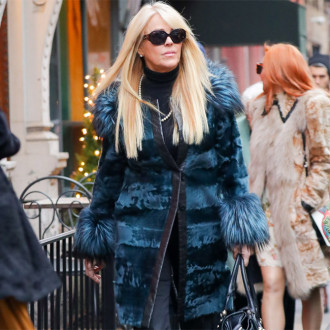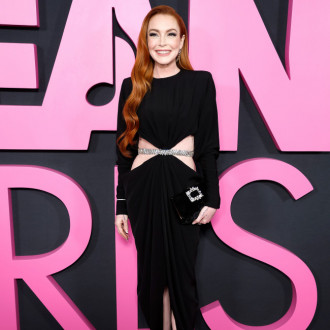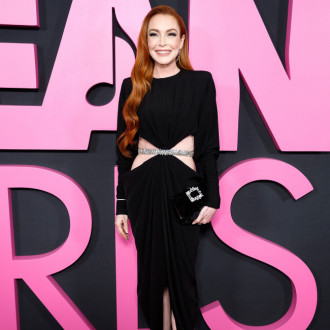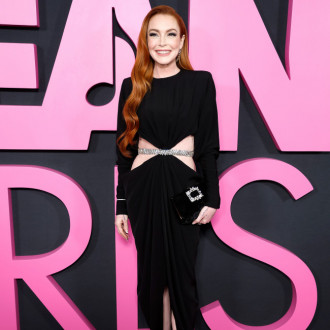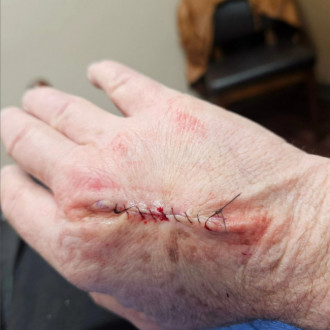Can Lindsay Lohan Actually Nail GTA Creators In Court For Using Her Likeness?
By Victoria Pavlova in Videogames / Gaming on 03 July 2014
Rockstar's defense seems to be fairly solid, so it's unlikely that Lohan will get a payout from this case.
Lindsay Lohan might lead an erratic life, but Grand Theft Auto-worthy? That might be for the court to decide soon, as Lohan has reportedly filed a lawsuit against the creators of GTA V, a company called Take-Two Interactive and subsidiary publisher and developer Rockstar Games. The lawsuit has reportedly been in the works since last December, when Lohan first started looking into her legal options.

Does Lohan stand a chance in court or is it a ploy for media attention?
The character in question is called Lacey Jonas – can you see any similarities yet – a moody, spoiled Hollywood starlet, who refers to herself as “the voice of a generation.” Aside from a couple of character images bearing a suspicious resemblance to Lohan, however, there is little in the game to suggest that Lacey is anything more than a generic representation of a Hollywood starlet.
“The portraits of the Plaintiff (Lohan) incorporated her image, likeness, clothing, outfits, Plaintiff’s clothing line products, ensemble in the form of hats, hair style, sunglasses, jean shorts worn by the Plaintiff that were for sale to the public at least two years” the suit claims (quote via Forbes).
More: Lindsay Lohan Asked To Pay Back $50,000 For Connecticut Casino Appearance
So maybe it’s not that little, after all. Even so, despite the fact that Lohan’s legal team probably would not launch a lawsuit, unless there was some case to be made here, Rockstar would ordinarily be protected by the First Amendment in this case.

Few people sue over the use of their likeness in creative works. Even fewer succeed.
Per the Digital Media Law Project: “As a general matter, you will not be held liable for using someone’s name or likeness in a creative, entertaining, or artistic work that is transformative, meaning that you add some substantial creative element over and above the mere depiction of the person. In other words, the First Amendment ordinarily protects you if you use someone’s name or likeness to create something new that is recognizably your own, rather than something that just evokes and exploits the person’s identity.”
Contactmusic
Movies and Trailers
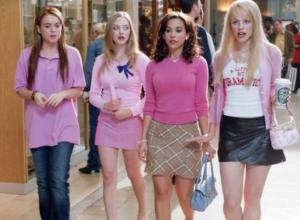
Beyond Clueless Movie Review
With clips from more than 200 teen movies made in the decade after 1995's Clueless,...

The Canyons Movie Review
Movies that allow us to wallow in a trashy story for a couple of hours...

Machete Movie Review
Essentially part three of the Grindhouse series, this old-style thriller sprang from Rodriguez's fake trailer....

Machete Trailer
Machete is a ex-Federale whose legend is known throughout Mexico. He's an expert killer but...

Bobby Movie Review
Filmmakers go overboard all the time, but none more than Oliver Stone. When Stone released...

Herbie: Fully Loaded Movie Review
A car with a mind of its own meets a screenplay with no mind to...

Herbie: Fully Loaded Movie Review
Every time Lindsay Lohan and Disney join forces to updatea kiddie movie from the studio's...
Advertisement

Freaky Friday Movie Review
Hitting the nail on the head of mother-daughter relationships -- and doing so with amusing...
